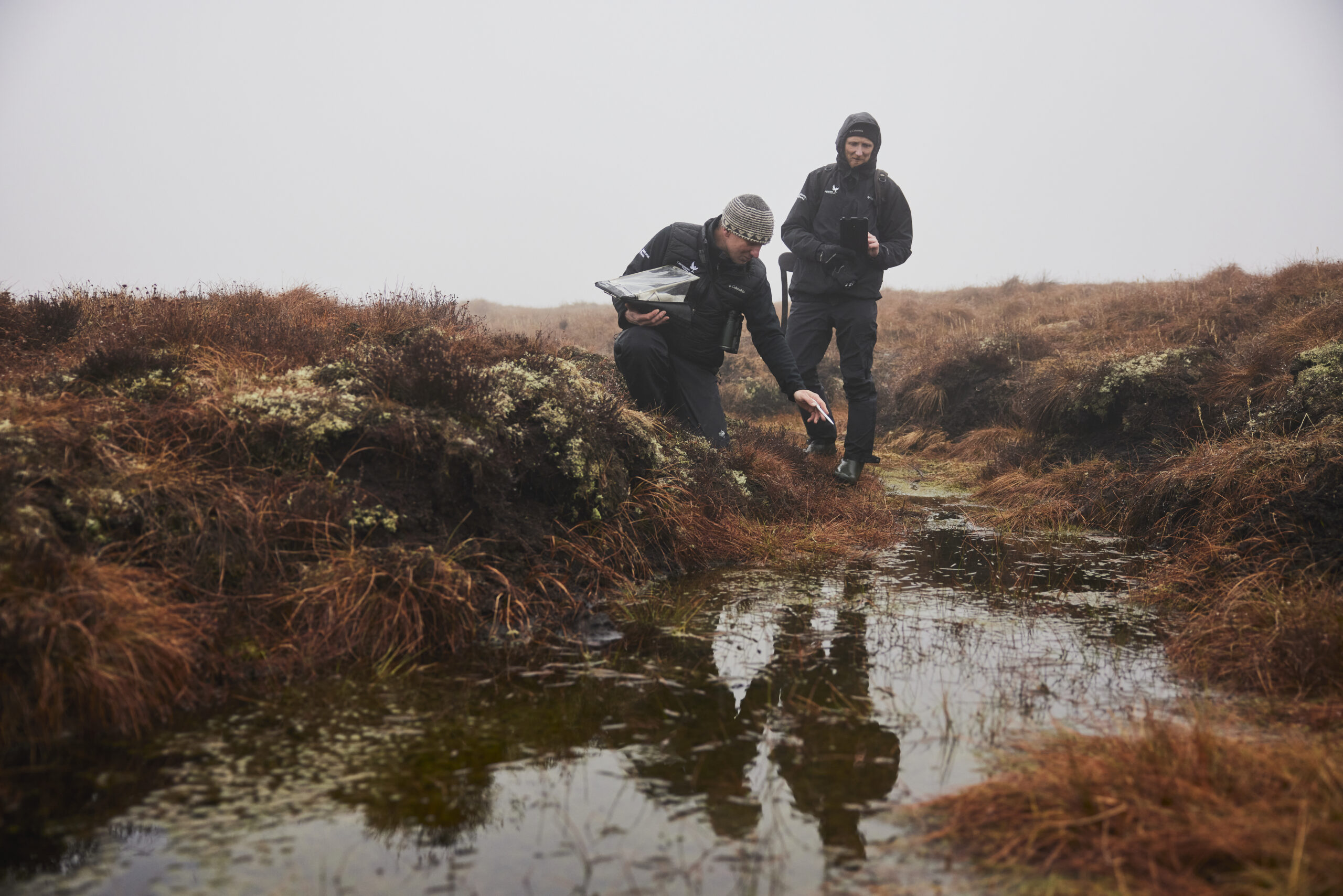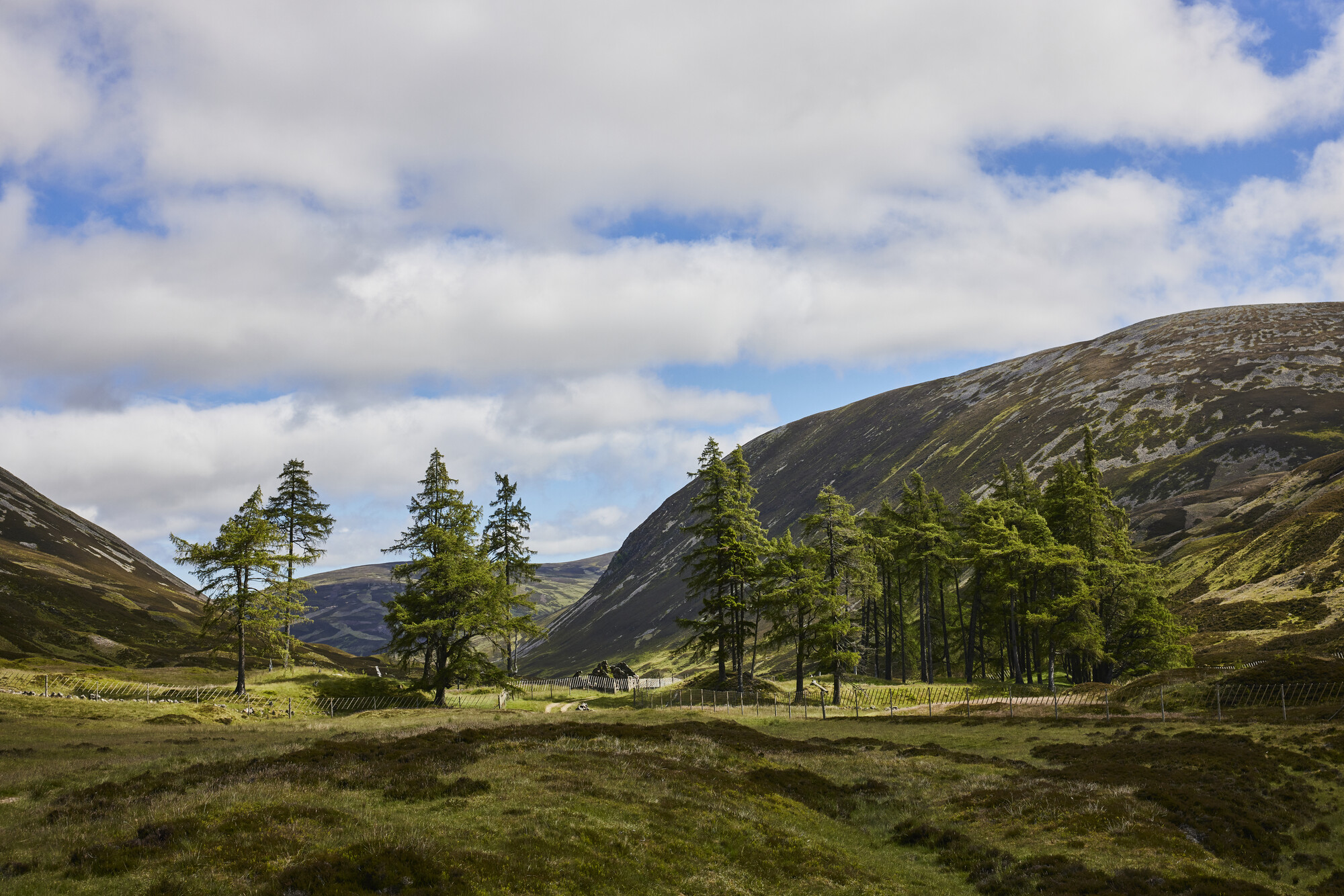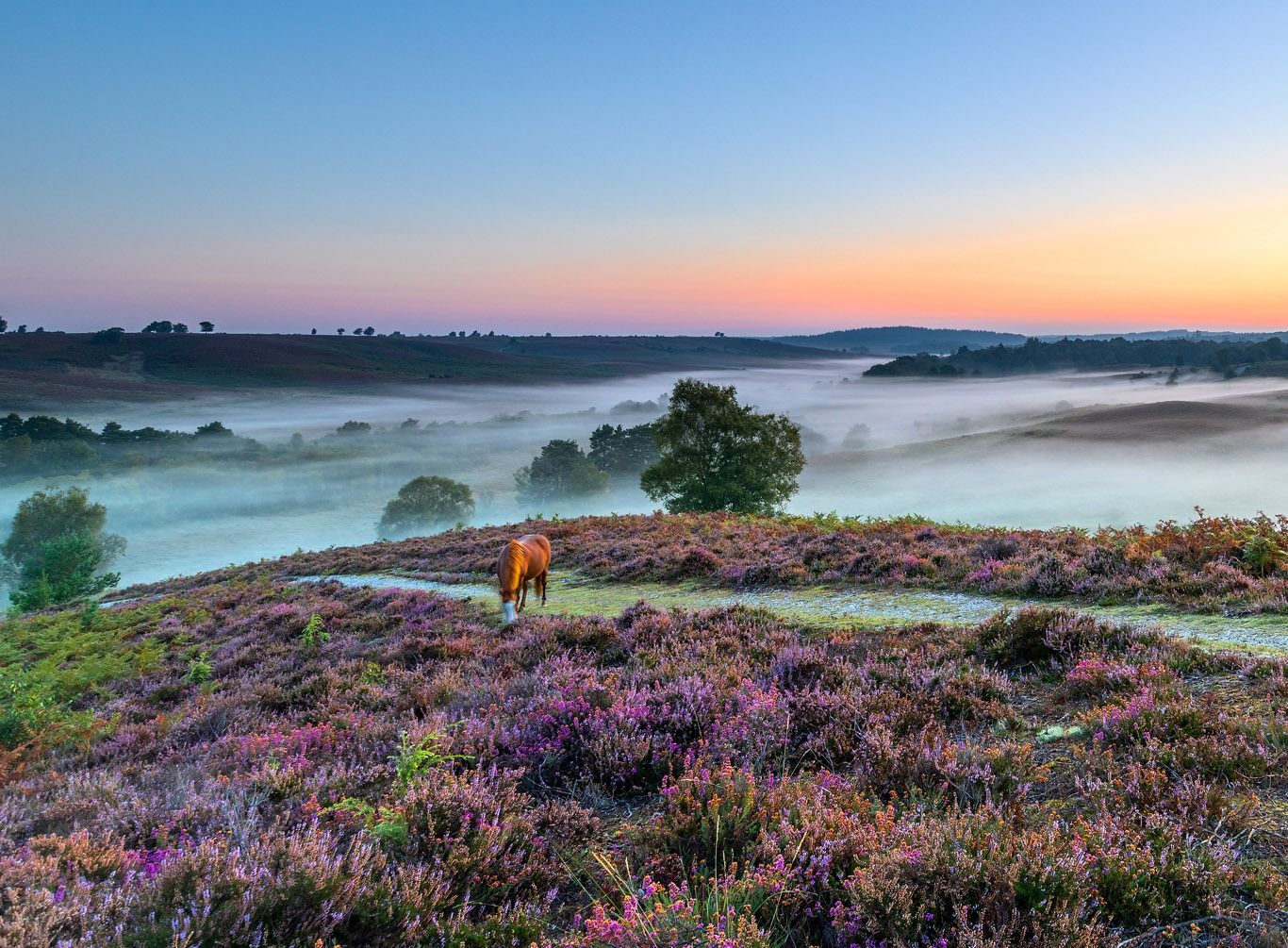In a new project launched today, Revere aims to delve into one of the most important questions for UK nature: How can public and private finance work together to create the right incentives for farmers and land managers to optimise their land for nature? And what’s more, how can the two funding streams be combined in a way that is accessible, creates high quality nature restoration projects and minimises any risks of double counting?
Both private and public finance are required to fund the restoration of nature across the UK, but there remains significant uncertainty around how these two funding streams will coexist. Land managers report concerns that receiving one type of restoration finance will block access to another.
In many cases, these concerns lead to reluctance to engage with or implement on-the-ground nature restoration activities. This is as true for landowners as it is for tenant farmers, who have the added complexity of already being tied into contracts determining the scope of how they can manage the 30% of UK land they are responsible for.
Revere, a nature restoration facility delivered through a partnership between global impact firm Palladium and UK National Parks, aims to unpack potential solutions to this problem by testing different options for blending public and private finance for nature restoration. Revere will consider options for combining finance at different stages of the landscape recovery value chain, including the up-front investment in nature restoration and maintenance payments throughout project implementation.
Tom Gegg, Palladium’s Nature-Based Solutions Technical Lead, said: “Figuring out how public and private funding sources can be combined in a way that maximises benefits for people and nature is one of the most important piece of the puzzle to solve. If we get it right, the UK will have a world leading natural capital market.”
Land manager feedback will be an important part of the project. To gather land manager input, Revere is partnering with the Yorkshire Dales National Park Authority (YDNPA), who have nationally recognised agri-environment scheme expertise. The project will be informed by farmers’ first-hand experience of engaging with various funding schemes.
Gary Smith, YDNPA’s Director of Conservation and Community, said: “It’s absolutely vital that farmers themselves are directly involved in creating solutions if we are going to unlock the opportunities for both nature recovery and more resilient farm businesses.”
The work is funded by UK Department for Environment, Food and Rural Affairs (Defra) and will inform the development of Defra’s emerging Environmental Land Management Scheme funding mechanisms, which will have a phased implementation starting from later this year. Made up of three schemes – the Sustainable Farming Incentive, Local Nature Recovery, and Landscape Recovery – they are designed to be accessible for farmers and include fair compensation for nature focused land management.
Findings from the project will enable public and private finance to contribute effectively to achieving the bold vision for nature restoration set out in Defra’s 25-year environment plan.
And the fact that we need both public and private finance is unequivocal. For example, a Green Finance Institute report estimated that an additional £5.6 billion is required per year to achieve the UK’s nature restoration targets. In England alone, an additional £2.7 billion is required per year.
Recent announcements by Defra to provide £0.9 billion in subsidy payments by 2024 would reduce that to £1.8 billion per year – but there’s still a long way to go. Private finance must contribute to filling this gap. Indeed, the 2021 Spending Review also announced a new government target to leverage at least £500 million a year for nature’s recovery by 2027 and more than £1 billion a year by 2030.
Building on Palladium’s extensive experience in developing models for nature restoration in the tropics, where blended finance models are more mature, the project will assess the feasibility and merits of different mechanisms to blend public and private finance in the UK. Each model will consider the role of key stakeholders – including different types of land managers, investors, and buyers of ecosystem services.
In addition, Revere will evaluate existing agricultural tenancy agreements and consider options for long-term land manager agreements. Land manager agreements will need to safeguard investments in land use change, distribute revenues between tenants and landowners, and deliver associated environmental outcomes.










